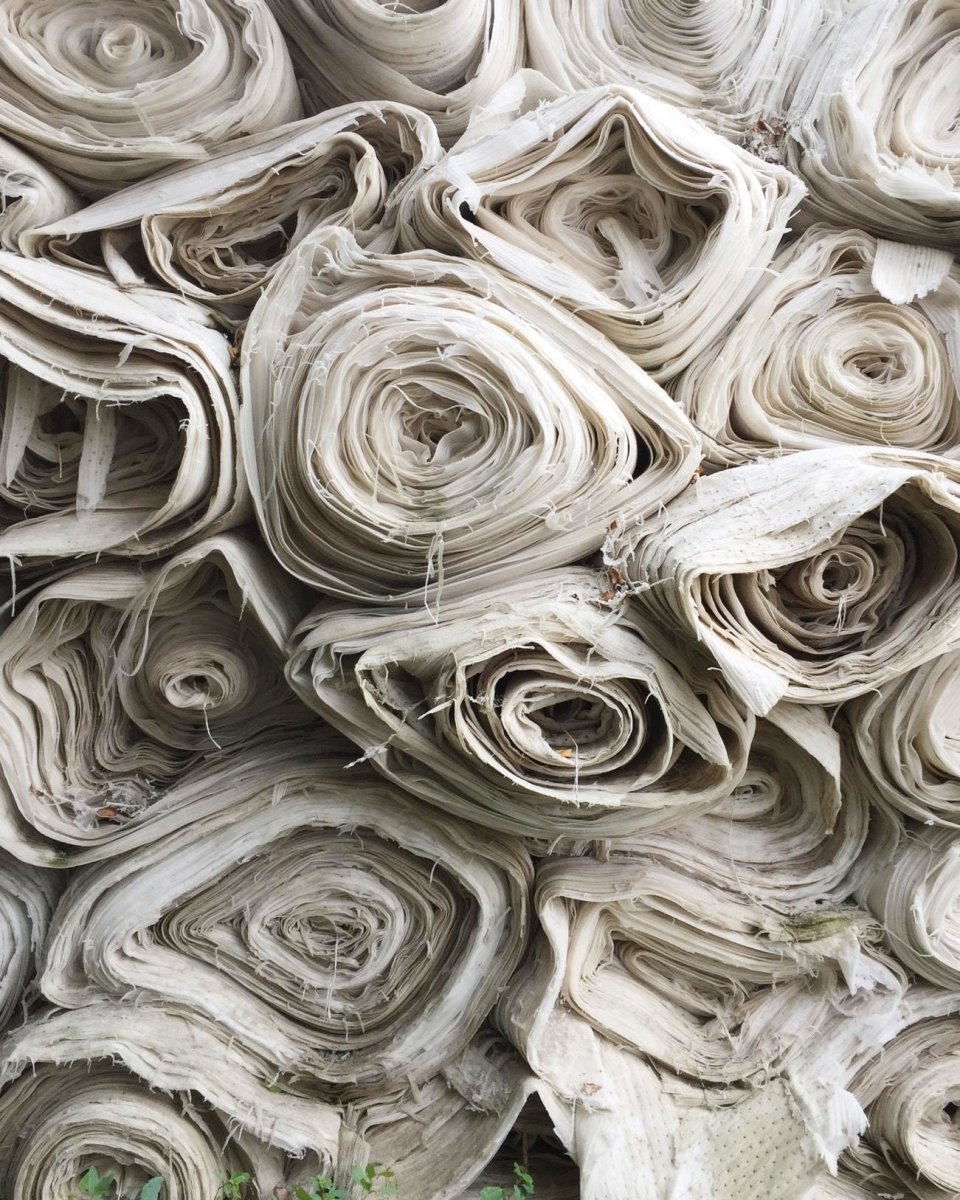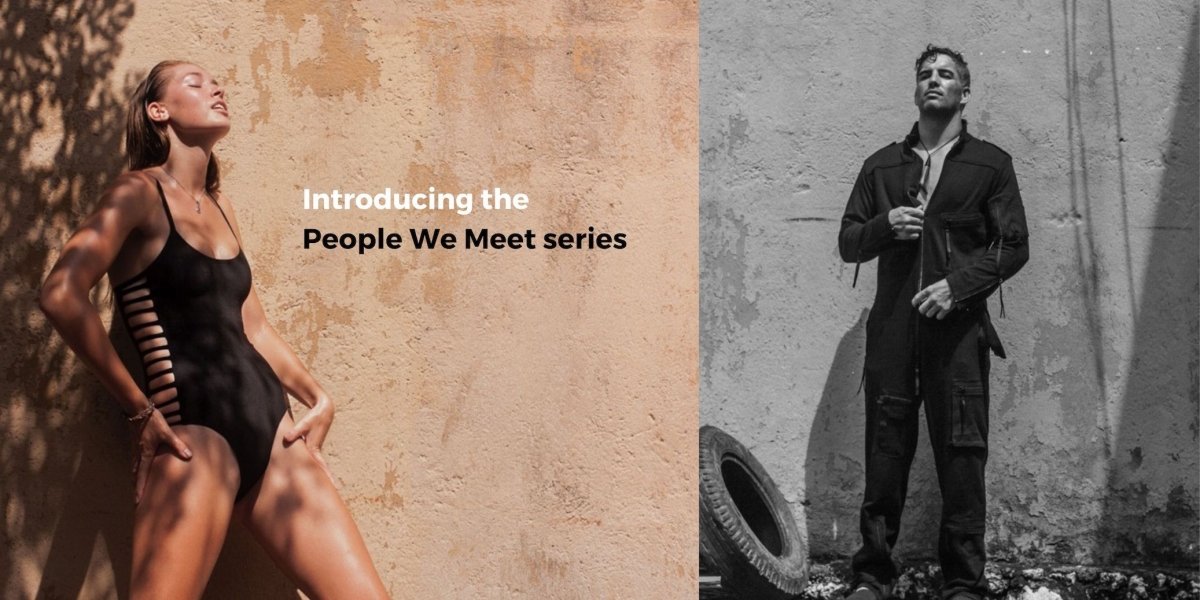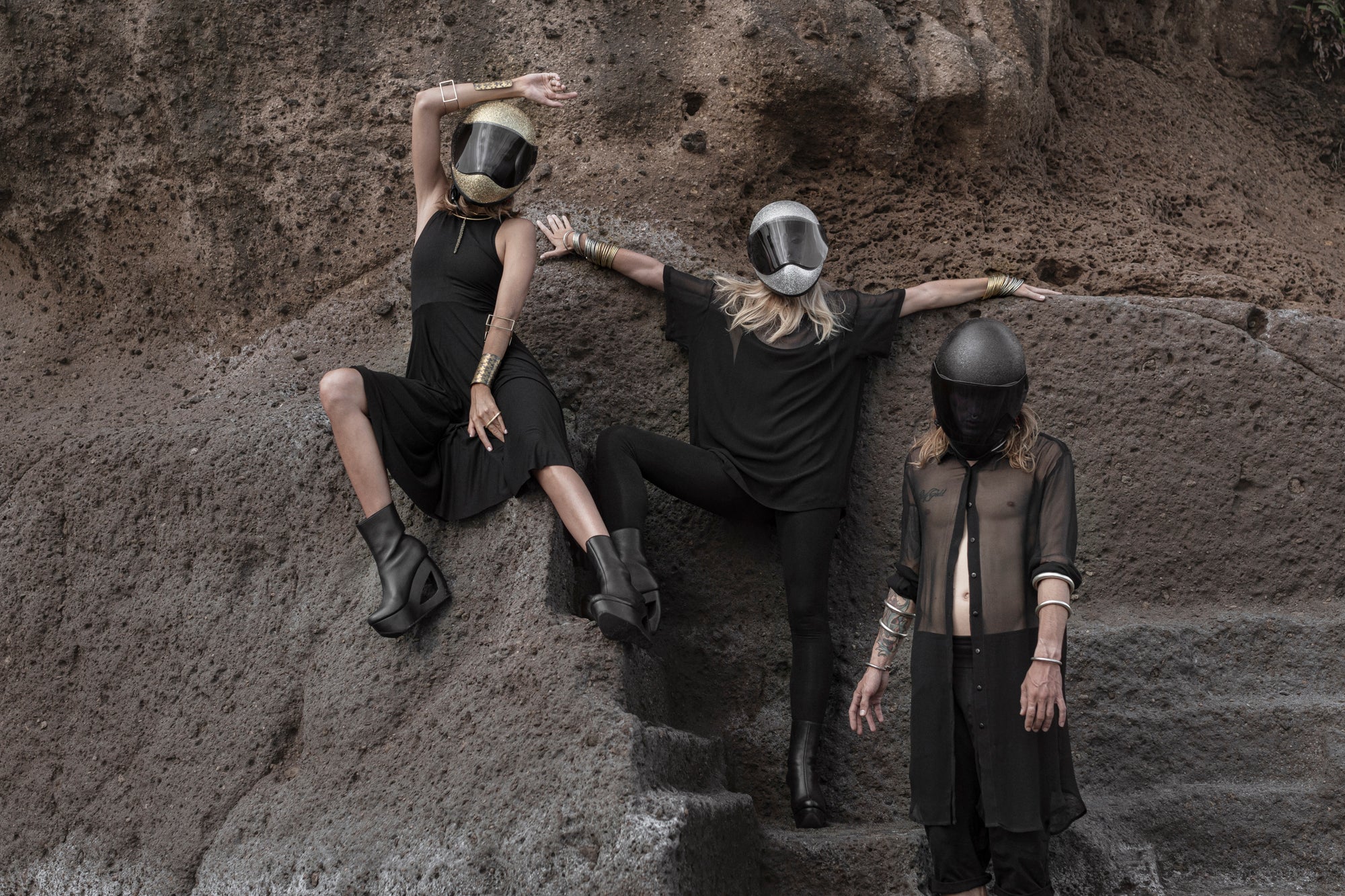
Let’s Talk About Eco Textiles
When looking at buying clothing and considering the fabric they’re made from, there are a few thoughts that typically come to the surface. How much does it cost? What will it feel like on my body? How will it fit? Will it wash well? And then the most important questions arise. Where did the fabric come from? And where will it go?
The last two questions may not have even been on your radar until recently, but we now know that understanding the life-cycle of our clothing is more important than ever. So, along with creating your capsule wardrobe, choosing high quality materials that have little effect on the environment during their production and going with fabrics that will sit well with nature down the line are essentially what supporting eco-friendly textiles is all about.
What are eco-friendly fabrics?
There’s no doubt that understanding all the details that go into defining eco friendly fabric production can be confusing. But the bottomline really comes down to two words. Environmental impact. Did it negatively affect the planet during production? And will it negatively affect the planet when it is washed or no longer used? Again, it’s all about that life-cycle.
4 Eco-friendly fabrics we love:
ORGANIC COTTON
The keyword here is organic. Without the use of GMO’s and other pesticides, cotton is a tried and true, natural fiber that has been used since the dawn of time for it’s soft and breathable qualities and biodegradable nature. While non-organic cotton farming makes up for a surprising percentage of the pesticides and water used around the world, choosing organic makes a huge difference in this fabric. It’s also softer, cleaner and is less likely to trigger allergies. Win win. Shop organic cotton looks here.
BAMBOO
Bamboo is one of the fastest growing plants on the planet, and because of its antibacterial properties, it grows really easily without the use of pesticides, needing less energy and water compared to many other plants used to make textiles. It’s also super soft and flowy, naturally protects against UV rays, and is thermal regulating, keeping you warm in cold climates and cool in warmer temps. It’s also biodegradable and one of nature’s most sustainable resources.
MODAL
Made from beech tree pulp, modal is another plant based fabric that’s considered a more eco-friendly option since it’s production process doesn’t require much water and is made from regenerative plants, requiring fewer chemicals compared to other kinds of rayon fabrics. Although it is considered semi-synthetic due to the processes required to make it stretchy and water absorbent, it uses lower concentrations of chemicals than most fabrics of this kind. It’s also incredibly soft, cool to the touch, durable, doesn’t wrinkle or shrink, and absorbs water and sweat, making it ideal for active wear and athleisure.
ORGANIC LINEN
Linen is great because every part of the plant is used, nothing is wasted when turning it into a textile. It’s a natural fiber (comes from flax) and also requires minimal water and pesticides and is able to thrive in poor quality soil. It’s naturally antibacterial, light and moisture absorbent and fully biodegradable when untreated. It’s also one of the most durable textiles in the game. No wonder it’s another one of the oldest textiles in the garment industry.
There are many other fabrics that are friendly for the environment, and countless benefits for you and the rest of the world by feeling empowered to choose the right ones. Shop looks from fabrics made from eco-friendly textiles here.




1 comment
This blog beautifully highlights the shift in our mindset when it comes to buying clothing. It’s no longer just about style and comfort; it’s about the fabric’s origin and its impact on the environment. The questions of where the fabric comes from and where it will end up are crucial considerations in today’s world. Building a capsule wardrobe with high-quality, eco-friendly textiles is a wonderful way to make a positive impact. It’s a reminder that our choices as consumers can contribute to a more sustainable and eco-conscious fashion industry. Great read!
Astyork
Leave a comment
This site is protected by hCaptcha and the hCaptcha Privacy Policy and Terms of Service apply.